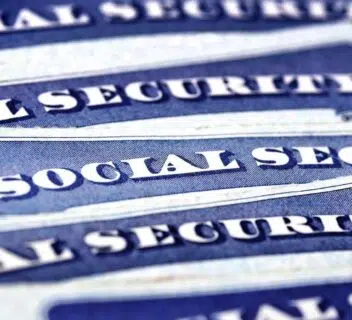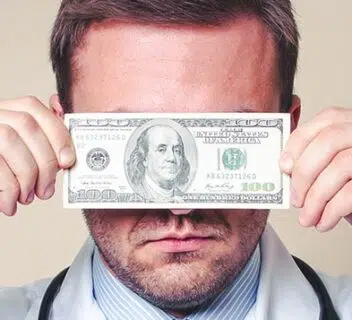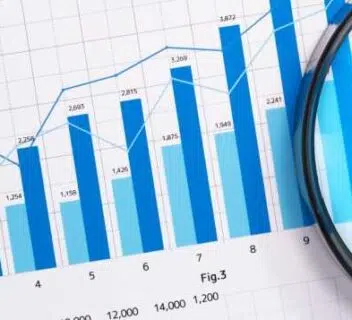Suing for Damages In A Slip and Fall Injury Case
If you’ve been injured due to a slip and fall accident on someone else’s property, then you may have a right to sue and be compensated for your losses. Unfortunately, slip and fall disputes are rather common in the personal injury context. Many property owners simply do not do enough to maintain a safe premises — this can expose visitors to an unreasonable risk of harm.
Slip and fall disputes can be difficult to understand for first-time plaintiffs, as there are many challenges that are particular to such cases. For plaintiffs, having clarity as to the dispute (and its various issues) is an important initial step when exploring the litigation process.
Let’s explore some basics.
Premises Liability Basics
Slip and fall disputes fall under the umbrella of premises liability claims (i.e., claims linked to personal injury caused by a hazard on someone else’s property).
To successfully recover in a slip and fall dispute, you’ll have to show that:
- There was a dangerous condition of property (i.e., a hazard);
- The property owner (or whoever is in control of the property) knew or should have known that there was a hazard;
- The hazard was not corrected, either through fixing the hazard or creating a signage to warn visitors of the hazard; and
- You were injured as a result.
Cleanup “Timeliness” In Slip and Fall Disputes
Defendants can only be held liable in a slip and fall case if they knew or should have known that the dangerous hazard existed. However, a defendant cannot simply be ignorant as to the presence of hazards by failing to conduct regular inspections. They are required to conduct inspections with some regularity.
Whether the defendant “knew or should have known” is a difficult question, but ultimately turns on the timeliness of their response to the hazard.
This can be a bit difficult to understand, so let’s consider a brief example.
Suppose that you’re injured in a slip and fall accident at a retail supermarket. You slipped on a puddle of spilled liquid in one of the supermarket aisles. Your attorney investigates the case further and finds that the puddle had been sitting for well over an hour when you slipped and fell, injuring yourself.
Under these circumstances, a court is likely to find that the defendant was negligent, as they should have discovered the hazard by conducting a routine floor inspection. Had the defendant conducted the floor inspection on an hourly basis, they would have discovered the hazard in time (and therefore been able to correct it).
In determining whether the defendant “waited too long” to inspect and correct the hazard, the court will look to the standards typical of the defendant’s industry. In a bar, for example, the standard for floor inspections is likely to be higher (i.e., more frequent floor inspections, perhaps once every 30 minutes) compared to, say, a clothing store.
Was The Slip and Fall Hazard Obvious?
In most jurisdictions, you — the plaintiff — cannot successfully recover damages in a slip and fall injury case where the slip and fall hazard was “obvious” to the plaintiff.
In other words, in situations where the plaintiff could have been expected to avoid the hazard, they cannot sue and recover damages. Blame for the slip and fall injury is thus entirely put on the plaintiff.
There’s no clear, one-size-fits-all standard for whether a slip and fall hazard was obvious or not. Instead, the issue is based on the unique facts of the case. The court will evaluate the facts and determine whether — under the same circumstances — the slip and fall hazard would have been obvious to a reasonable person.
For example, suppose that you are injured in a slip and fall case outside a retail store. One of the entryways into the store was blocked by a pile of scrap material. You cannot physically “miss” the visual of the hazard. Thus, the court is likely to consider it obvious, and if you were to slip and fall and injure yourself due to the scrap material, you would not be entitled to damages.
Contact An Experienced Personal Injury Lawyer In Our Network For A Free Consultation
Have you been harmed in a slip and fall injury on someone else’s property?
If so, you may be entitled to sue for damages under the law — but litigating a slip and fall case isn’t necessarily simple. You’ll want to consult with an experienced personal injury lawyer for guidance on how best to proceed with your case.
Here at 1-800-THE-LAW2, our team is standing by to connect you to a personal injury lawyer in our network who can handle your case. We are available 24/7, and our in-network attorney consultations are free and confidential, so don’t delay! There’s no downside to calling in for an initial consultation today.
We look forward to speaking with you.




